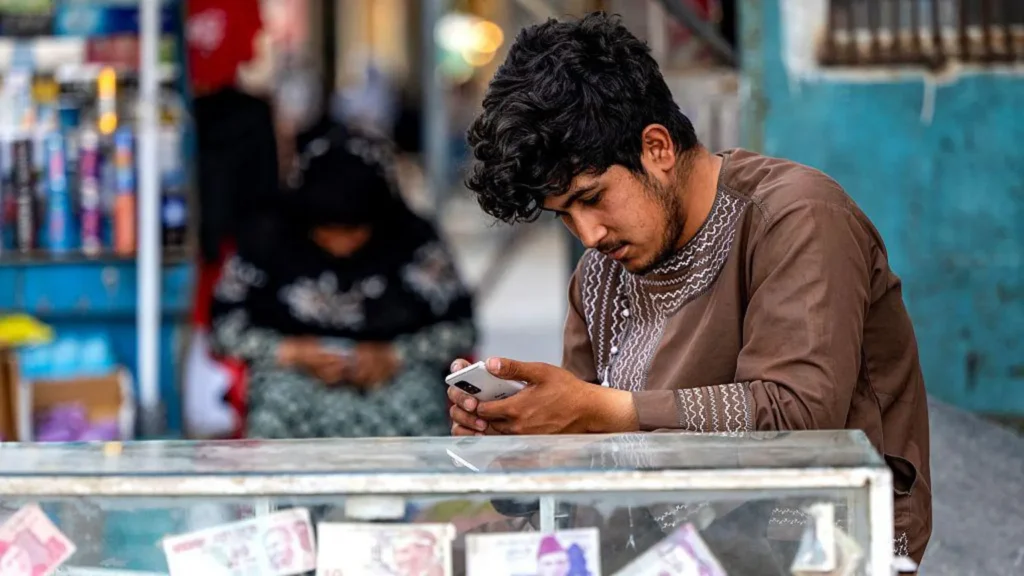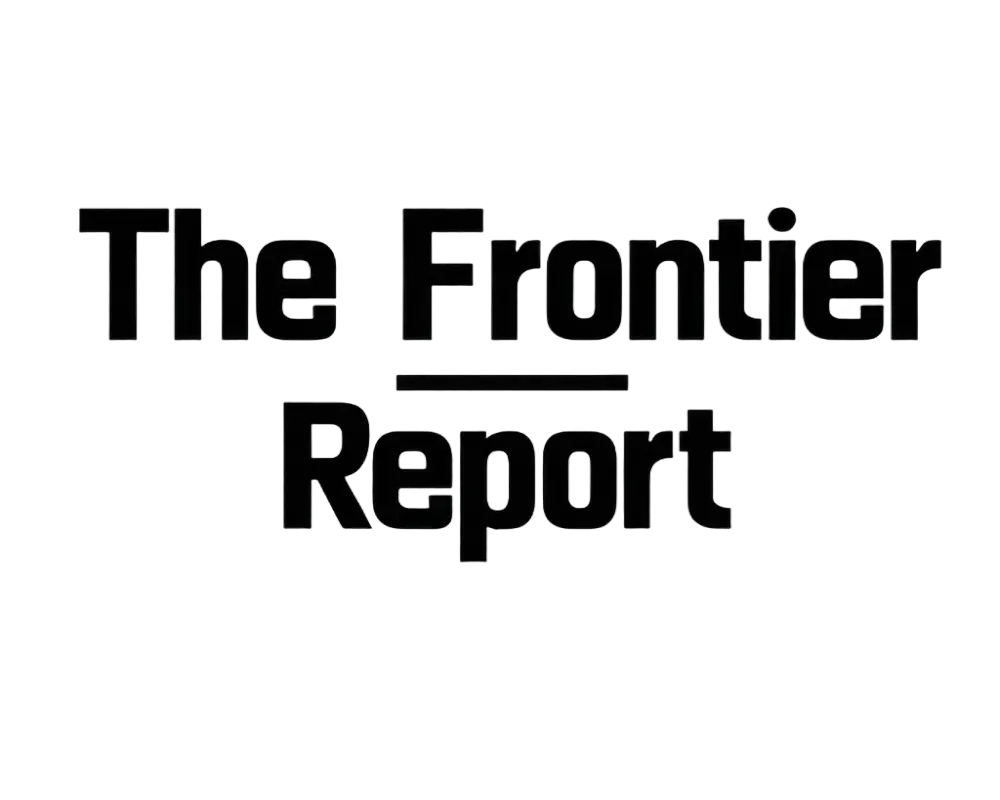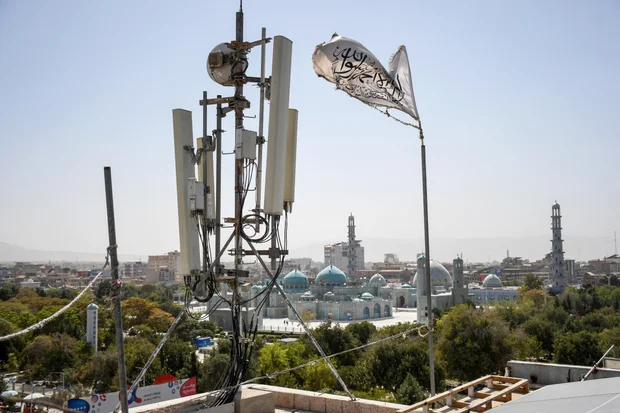Fiber-Optic Shutdown Begins in Northern Provinces
Taliban authorities are severing internet access across Afghanistan, starting in Balkh province then spreading further. Confirmed by those in power, this decision comes directly from their supreme leader. They justify the move as a way to suppress objectionable material found online – things they deem immoral or corrupting.
Now, much of Afghanistan runs solely on cell service. Though phones still work, data is sluggish, costs more, also falters often when stacked against fast fiber lines. This shift feels crushing for countless Afghans – especially students, entrepreneurs, people needing to connect.
Kunduz, Takhar, Baghlan, Badakhshan – even places like Kandahar, Helmand, Herat, moreover Nimroz – are seeing disruptions. Some internet companies got orders telling them to cut off broadband. Officials hint these shutdowns could spread across the country, yet haven’t said when.
Since regaining control in 2021, this is the biggest blow to online access in the nation – despite earlier assurances against disconnecting citizens from the wider world. Now, four years on, things look different, fueling worries regarding stifled expression, oppression, alongside increasing detachment.
Impact on Education, Women, and Business
Education feels the impact instantly. With the Taliban prohibiting nearly all girls from classrooms – high school through college – a lot shifted to learning online, becoming their sole path forward. Broadband’s disappearance left students scrambling for mobile data – often expensive, frequently unreliable when they need streaming classes or submitting assignments. Consequently, college feels finished for a lot of them, just like that.
Businesses run by women face hardship too. Previously, numerous self-employed individuals relied on websites to market handmade items, apparel, alongside various products – reaching buyers within Afghanistan yet extending beyond its borders. Fast internet lines opened doors to worldwide business at reasonable prices. However, using mobile data often means paying more while battling spotty connections – a real headache for getting work done online.
News organizations alongside groups working with citizens face immense challenges. Before this, independent reporting struggled beneath strict rules imposed by the Taliban. When communication lines falter, reporters struggle to send news, reach contacts, or share information publicly. Advocates fear this deepening silence obscures what’s happening, severing a vital link for recording wrongdoing. Digital businesses – those handling shipping or money transfers, for example – are hitting snags. Switching to less speedy connections means expenses climb, according to numerous firms. Help groups struggle to work together because internet services aren’t working right. This situation threatens substantial economic harm – especially considering existing job losses, rising prices, alongside ongoing hardship.

Political Control and Future Outlook
The internet shutdown isn’t isolated; experts believe it’s how the Taliban intends to maintain power. Cutting off access to broadband hinders Afghans from connecting, speaking out against the regime, or reporting on what’s happening. Consequently, fewer accounts – visual or otherwise – reach global viewers, obscuring life within Afghanistan.
Mobile networks still exist, yet they’re simpler to watch over – even control. The Taliban can make phone companies hand over information about people, stop certain things from being seen online, or deliberately slow internet speeds. Consequently, keeping tabs on individuals becomes less difficult while speaking out carries greater danger.
The world responded quickly; groups focused on rights blasted the choice as a strike against speaking freely alongside getting news. They believe blocking fast internet will further separate Afghanistan while making tough situations even harder. Yet, the Taliban don’t seem concerned, calling it a needed ethical step – suggesting they might build their own systems instead.
Life looks grim for most people in Afghanistan. While some who can afford it might find ways around limits – perhaps with expensive internet or hidden connections – countless others will be cut off completely. This means trouble for schools, businesses, hospitals, moreover getting help to those who need it. With this closure, it’s clear that online freedoms in Afghanistan depend on what the Taliban wants politically. Consequently, as these limits grow, Afghanistan could soon find itself incredibly detached – its people separated from worldwide prospects alongside connections within their own nation.









